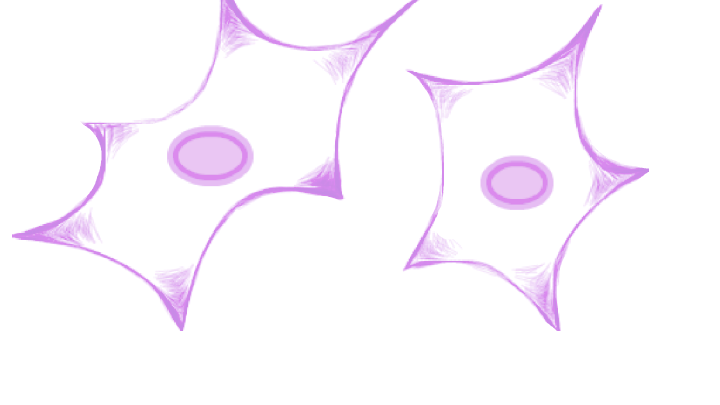Cell Senescence Entries for FGFR2
- Cell Types
- Lung fibroblast
- Cell Lines
- IMR-90
- Cancer Cell?
- No
- Method
- Mutation
- Type of senescence
- Oncogene-induced
- Senescence Effect
- Unclear
- Primary Reference
- Ota et al. (2009) The role of senescence and prosurvival signaling in controlling the oncogenic activity of FGFR2 mutants associated with cancer and birth defects. Hum Mol Genet 18(14)2609-21 (PubMed)
FGFR2 Gene Information
- HGNC symbol
- FGFR2
- Aliases
- BEK; CD332; CEK3; CFD1; ECT1; JWS; K-SAM; KGFR; TK14; TK25
- Common name
- fibroblast growth factor receptor 2
- Entrez Id
- 2263
- Description
- The protein encoded by this gene is a member of the fibroblast growth factor receptor family, where amino acid sequence is highly conserved between members and throughout evolution. FGFR family members differ from one another in their ligand affinities and tissue distribution. A full-length representative protein consists of an extracellular region, composed of three immunoglobulin-like domains, a single hydrophobic membrane-spanning segment and a cytoplasmic tyrosine kinase domain. The extracellular portion of the protein interacts with fibroblast growth factors, setting in motion a cascade of downstream signals, ultimately influencing mitogenesis and differentiation. This particular family member is a high-affinity receptor for acidic, basic and/or keratinocyte growth factor, depending on the isoform. Mutations in this gene are associated with Crouzon syndrome, Pfeiffer syndrome, Craniosynostosis, Apert syndrome, Jackson-Weiss syndrome, Beare-Stevenson cutis gyrata syndrome, Saethre-Chotzen syndrome, and syndromic craniosynostosis. Multiple alternatively spliced transcript variants encoding different isoforms have been noted for this gene. [provided by RefSeq, Jan 2009].
FGFR2 Ontologies
- Gene Ontology
-
Process: GO:6468; protein phosphorylation
GO:16310; phosphorylation
GO:6915; apoptotic process
GO:8284; positive regulation of cell population proliferation
GO:45944; positive regulation of transcription by RNA polymerase II
GO:122; negative regulation of transcription by RNA polymerase II
GO:51781; positive regulation of cell division
GO:30177; positive regulation of Wnt signaling pathway
GO:60348; bone development
GO:90263; positive regulation of canonical Wnt signaling pathway
GO:1525; angiogenesis
And 95 more GO terms Cellular component: GO:5634; nucleus
GO:5737; cytoplasm
GO:16020; membrane
GO:16021; integral component of membrane
GO:5794; Golgi apparatus
GO:31410; cytoplasmic vesicle
GO:5886; plasma membrane
GO:5576; extracellular region
GO:5938; cell cortex
GO:9986; cell surface
GO:5887; integral component of plasma membrane
And 4 more GO terms
Show all GO termsFunction: GO:166; nucleotide binding
GO:4672; protein kinase activity
GO:4712; protein serine/threonine/tyrosine kinase activity
GO:5524; ATP binding
GO:16301; kinase activity
GO:16740; transferase activity
GO:4713; protein tyrosine kinase activity
GO:4714; transmembrane receptor protein tyrosine kinase activity
GO:42803; protein homodimerization activity
GO:5515; protein binding
GO:8201; heparin binding
And 4 more GO terms
Homologs of FGFR2 in Model Organisms
In other databases
- LongevityMap
- This gene is present as FGFR2
External links
- OMIM
- 176943
- Ensembl
- ENSG00000066468
- Entrez Gene
- 2263
- UniGene
- 533683
- 1000 Genomes
- 1000 Genomes
- HPRD
- GenAtlas
- FGFR2
- GeneCards
- FGFR2
